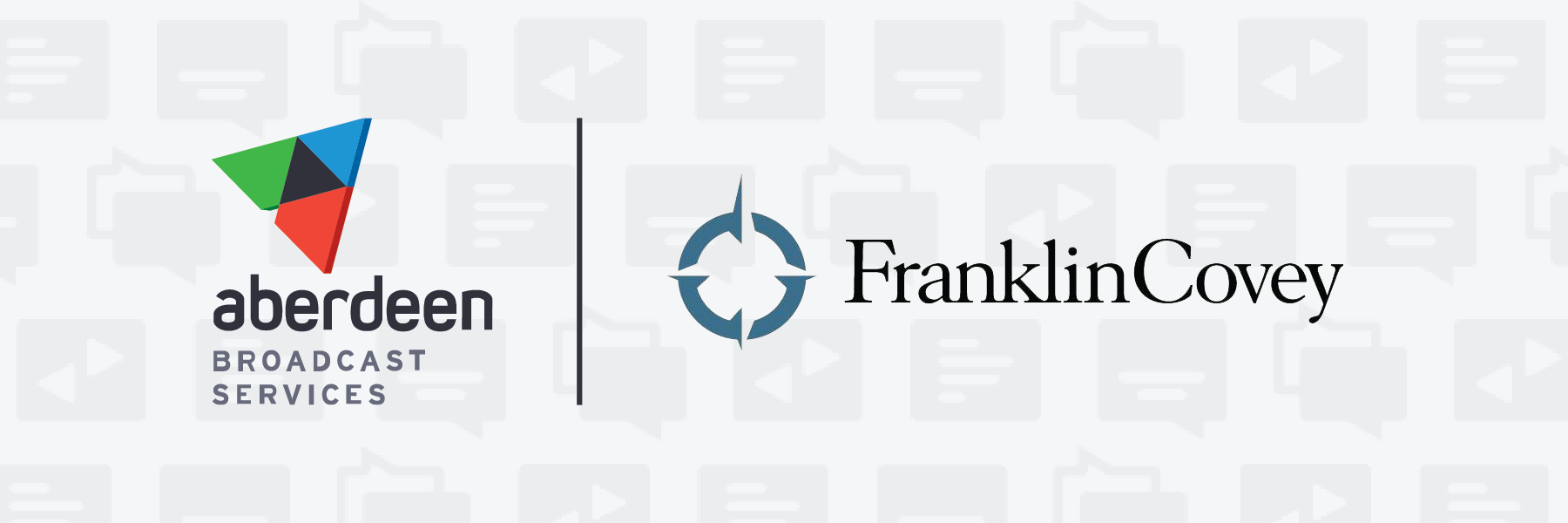Services
Captioning & Accessibility
Human Captioning
Generated by skilled human captioners, our premium captions achieve up to 99.5% accuracy.
Multi-language Subtitles
Unlock a global audience and ensure your content resonates across cultures and languages.
NEW
In-person Captions & Translations
Transform your in-person events with instant, real-time captioning & translation.
AI-powered Services
ASR Captioning
Unlock accessibility with automatic speech-to-text captioning - the budget-friendly solution.
Automated Translation
Automated Machine Translation (AMT) uses AI to instantly convert text between languages.
ASR Transcription
Automated Speech Recognition (ASR) utilizes advanced AI technology to quickly convert spoken language into text.
Broadcast Television
Broadcast File Delivery
Our station-specific workflows and video/audio QC ensure custom transcoded files meet global broadcast standards.
Post-production Captioning
FCC-compliant post-production captions that meet all regulatory standards.
Live Broadcast Captioning
A skilled real-time captioner remotely watches and listens to your program live for premium captioning service.
By Industry
Churches & Houses of Worship
Our foundation was built upon the desire to serve Christian ministries by helping their message reach a broader audience.
Education and Universities
Live captioning enriches education for all, supporting students with hearing challenges, learning disabilities, ESL needs, and enhancing comprehension and retention.
Paid Programming Television
Aberfast provides fast, reliable video transcoding, closed captioning, and global distribution for seamless, broadcast-ready content.
Corporate Meetings
Enhance live events and webinars with our Live Closed Captioning, ensuring accessibility and legal compliance.
Government and Municipalities
Enhance city council and school board meetings with our Live Captioning Service, ensuring ADA and Section 508 compliance.
Television Stations
Aberfast prepares broadcast-ready files with transcoding, captioning, and secure delivery, simplifying content for TV stations.
About
Now Offering Accurate and Affordable AI-powered Captioning & Translation
LEARN MORE